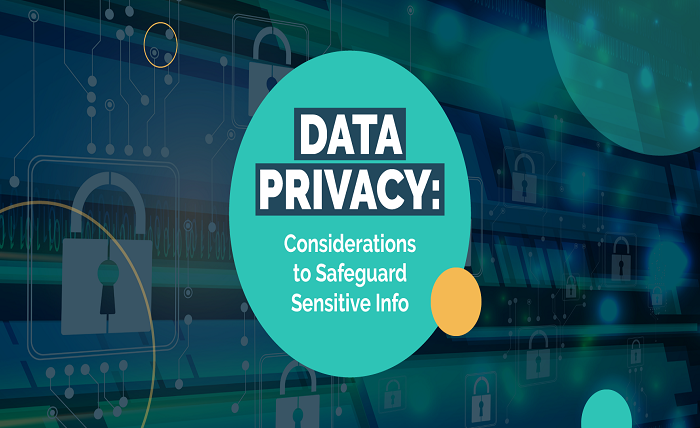In today’s digital age, safeguarding sensitive information within hospitals is a priority. The healthcare sector faces unique challenges in maintaining patient data privacy, given the vast amounts of sensitive information processed daily. As hospitals increasingly rely on digital systems, ensuring the protection of this data has become more crucial than ever.
The Importance of Protecting Patient Data
Patient data is among the most sensitive information that exists. It includes personal identifiers, medical histories, and financial information. Breaches of this data can lead to severe consequences, including identity theft, financial loss, and compromised patient care. Moreover, maintaining patient trust is essential for hospitals. Patients must feel confident that their personal information is secure to fully engage in their healthcare.
Challenges in Maintaining Data Privacy
Hospitals face several challenges in safeguarding sensitive information. One significant challenge is the sheer volume of data that must be protected. Hospitals handle millions of patient records, which are often spread across various systems and facilities. This dispersion of data makes it difficult to ensure comprehensive protection.
Additionally, the healthcare sector is a prime target for cybercriminals. The high value of medical data on the black market makes hospitals attractive targets for hackers. Cyberattacks, such as ransomware and phishing, pose constant threats, and hospitals must be vigilant in defending against them.
Regulatory compliance adds another layer of complexity. Healthcare organizations must comply with strict regulations such as HIPAA in the United States, which mandates the protection of patient information. Ensuring compliance requires significant resources and can be challenging for hospitals with limited budgets or outdated technology.
Innovative Solutions for Data Privacy
Despite these challenges, hospitals are implementing innovative solutions to enhance data privacy. One such solution is the adoption of advanced encryption technologies. Encryption ensures that even if data is intercepted, it cannot be read without the appropriate decryption key. By encrypting data at rest and in transit, hospitals can significantly reduce the risk of data breaches.
Another solution is the implementation of robust access controls. Hospitals are adopting multi-factor authentication to ensure that only authorized personnel can access sensitive information. This approach requires users to provide multiple forms of verification before gaining access, adding an extra layer of security.
Data anonymization is also gaining traction as a method to protect patient information. By removing or obscuring personal identifiers, hospitals can use patient data for research and analysis without compromising privacy. This approach allows healthcare providers to glean valuable insights while safeguarding individual identities.
The integration of artificial intelligence (AI) and machine learning in cybersecurity is another promising development. These technologies can analyze vast amounts of data to identify unusual patterns or potential threats. By proactively detecting and responding to security incidents, hospitals can mitigate risks before they escalate.
Hospitals are also increasingly adopting comprehensive electronic medical record system solutions to streamline data management. These systems consolidate patient data into a unified platform, enhancing both efficiency and security. By standardizing data management practices, hospitals can more effectively monitor and protect sensitive information.
The Significance of Robust Data Privacy Measures
The healthcare industry is at a pivotal point where robust data privacy measures are not just an option but a necessity. As the sector continues to digitize, the volume of data will only increase, underscoring the importance of secure data management practices. Hospitals must remain vigilant, continually updating their security protocols to address emerging threats.
Investing in data privacy not only protects patients but also fortifies the institution’s reputation. In a world where data breaches are all too common, hospitals that prioritize data privacy will stand out as leaders in patient care and innovation. By implementing effective data privacy strategies, hospitals can build a foundation of trust, ensuring that they remain at the forefront of healthcare excellence.



